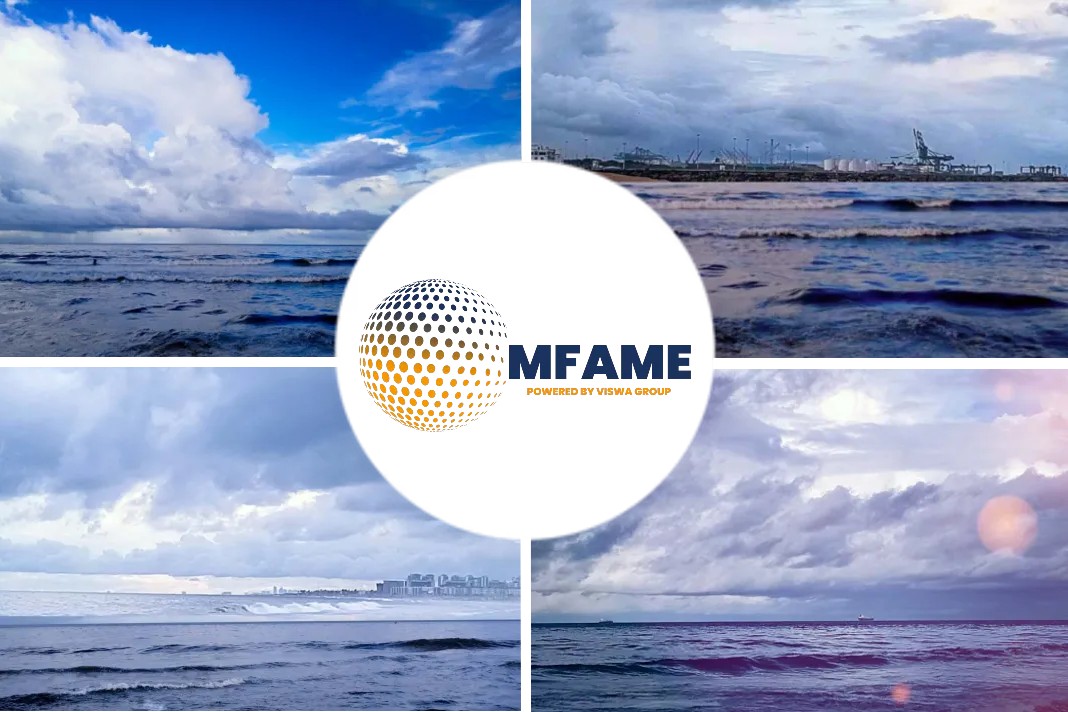
Dozens of people have fallen sick in coastal villages in the Philippines after a major oil spill from a sunken tanker. The MT Princess Empress was carrying 800,000 liters of industrial fuel oil when it sank off the coast of the Oriental Mindoro province last week.
Reached Shore
That oil has since reached the shores of several nearby fishing villages, coating beaches in black sludge. Residents have reported experiencing cramps, vomiting and dizziness. Clean-up workers deployed to the affected village of Pola have also reported feeling ill, local media reported. Breathing fuel oil vapors can cause symptoms such as nausea and headaches, while skin contact may cause itchiness and blisters.
Philippines authorities have declared a state of calamity for the affected areas in the province and imposed a fishing ban until the spill is cleaned up. But the ban has a huge impact on the livelihoods of many locals in the area. More than 18,000 fishermen across 60 villages have been barred from the water, local authorities said. Some 36,000 hectares (88,958 acres) of coral reef, mangroves and sea-grass are also at risk from the spill, marine biologists say.
Accelerated Cleanup
Oil can kill corals or impede their growth. It can also poison or suffocate wildlife, which further disrupts food chains and ecosystems. The Philippines Coast Guard has been trying to contain the spill for over a week – since the ship sank on 28 February. They have also deployed oil spill booms and sprayed chemicals in efforts to control the spread.
Authorities said on Monday they believed they had located the ship, which had moved from the spot it sank at last week. It is not yet clear what caused the Philippine-flagged vessel to sink in rough seas. All 20 of its crew were rescued by a passing cargo ship before the vessel went down. Experts say authorities are verifying how much oil is left inside the tanker, and how to pump the remainder out and prevent further leaks.
Did you subscribe to our newsletter?
It’s free! Click here to subscribe!
Source: BBC
















